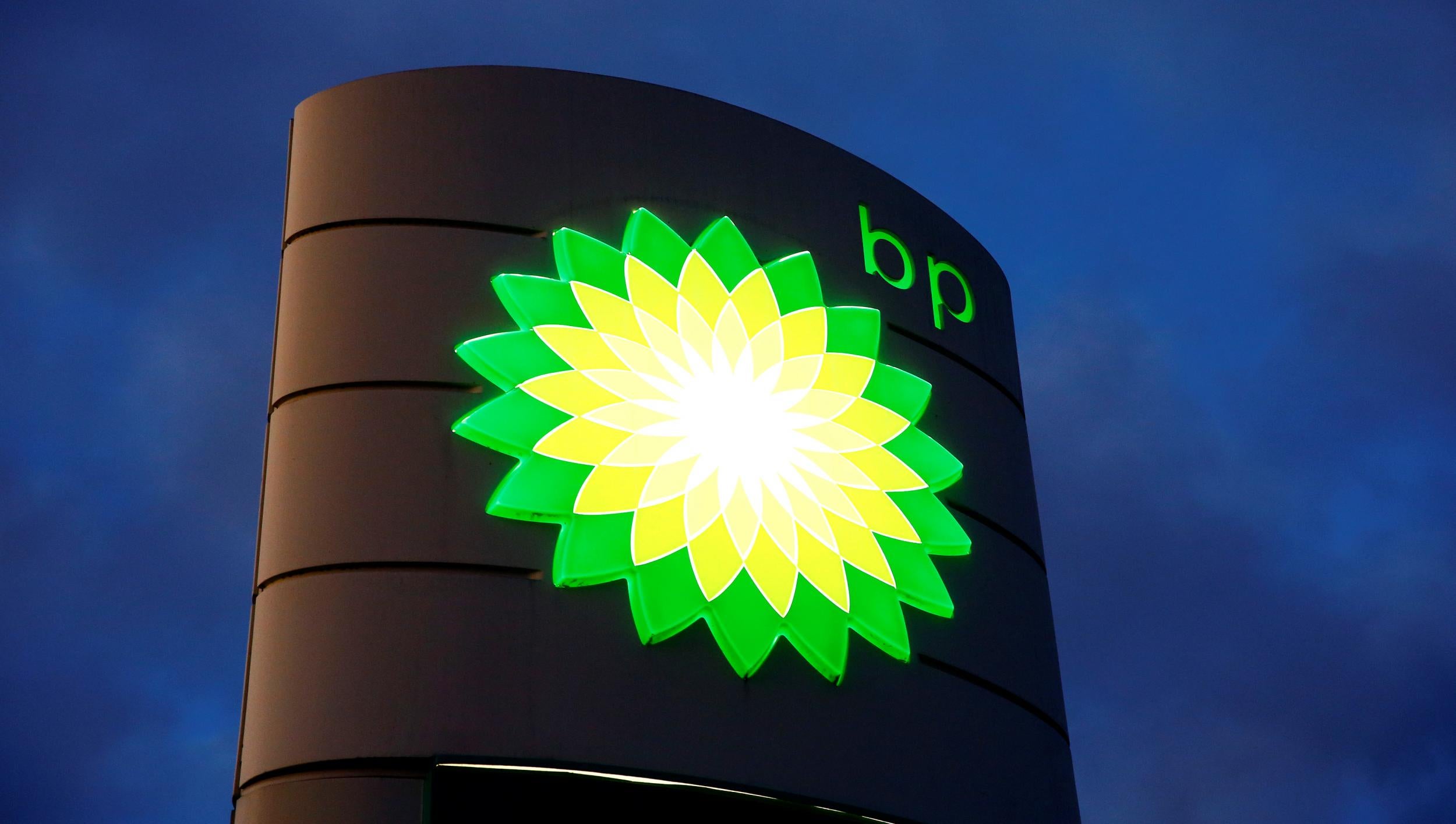BP hit by $1.5bn charge with new US tax rules
The oil giant joins Royal Dutch Shell in taking a one-off, non-cash charge as a result of changes to the US corporate income tax rate

BP will take a one-off $1.5bn (£1.1bn) charge in its 2017 fourth quarter earnings as a result of new US corporate income tax rules, joining rival Royal Dutch Shell.
The British oil and gas company said on Tuesday the cut in US corporate income tax from 35 per cent to 21 per cent was expected to positively impact its US earnings in the long run.
But in the short term, lower tax rates would affect its deferred tax assets and liabilities, resulting in a one-off, non-cash charge of $1.5bn to its fourth quarter results which are due to be announced on February 8, it said.
“The ultimate impact of the change in the US corporate income tax rate is subject to a number of complex provisions in the legislation which BP is reviewing,” BP said in a statement.
Deferred tax assets refer in some cases to a company overpaying taxes in advance and then getting them back in the form of tax relief.
BP has large operations in oil and gas production in the Gulf of Mexico and onshore shale operations as well as refineries that can process up to 746,000 barrels per day of crude oil, according to its website.
Shell said last week it would incur a one-off charge of $2-$2.5bn, although the new legislation would have a “favourable” impact on earnings.
On 22 December, President Donald Trump signed the $1.5 trillion tax overhaul into law, cutting tax rates for businesses and offering some temporary cuts for some individuals and families.
Reuters
Join our commenting forum
Join thought-provoking conversations, follow other Independent readers and see their replies
Comments
Bookmark popover
Removed from bookmarks